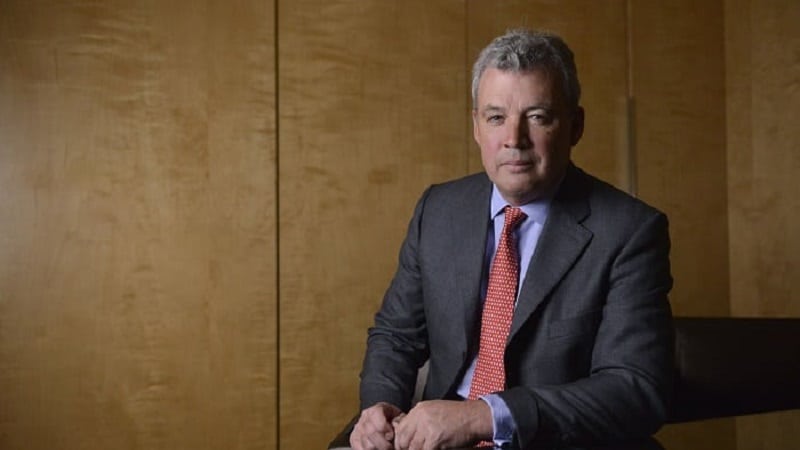Fund selectors have applauded the timing of River and Mercantile’s push into green infrastructure as governments around the world commit trillions of dollars to new projects to revive their economies in the wake of the coronavirus crisis.
The asset manager announced on Tuesday it planned to set-up an infrastructure business with former Aviva Investors infrastructure equity boss Ian Berry at the helm.
Plans are already in place to launch an Infrastructure Equity Income fund, with more strategies to be launched over time.
Berry, who established Aviva Investors’ own infrastructure arm after arriving at the business in 2009, will be joined by “a number of his former colleagues in the near future” who will help grow the business, River and Mercantile said.
Berry’s debut fund will aim to deliver long-term, stable cashflows to institutional clients by investing in “long-life infrastructure,” while also considering environmental, social and governance (ESG) factors, which the fund group said had “always played a key role” in Berry’s philosophy and processes.
“This focus on the sustainability of income for clients is entirely aligned with the significant demands for new infrastructure to support the energy and digital transition required by the economy,” the firm added.
“The investment strategy allows institutional investors the ability to combine attractive financial returns while positively contributing to the world we live in – now and in the future.”
‘Planned ESG-tilted infrastructure strategy certainly hitting the right buttons’
Commentators viewed River and Mercantile’s decision to build its latest product launch around infrastructure and ESG as a savvy move.
“Infrastructure is a major theme at the moment as governments look to increase investment to reboot their economies in the aftermath of the pandemic and level-up those areas that have been left behind,” said Tilney managing director Jason Hollands.
“Green infrastructure is a notable component of this – whether it is the UK government’s ‘green industrial revolution’ or the Biden administration’s ‘Build Back Better’ plan, so a planned ESG-tilted infrastructure strategy is certainly hitting the right buttons.”
“The combination of ESG and infrastructure is a potentially powerful one,” agreed Willis Owen head of personal investing Adrian Lowcock.
“The next wave of infrastructure projects needs to incorporate technology as well as changing views on sustainability and themes such as clean energy,” he added.
Strong track record on ESG voting issues
While River and Mercantile has historically been known for its UK equities business, Lowcock noted that recently the business has been branching out into other areas, including ESG.
In September the fund group announced ESG would form a key part of its first European equity strategy launched by ex-Schroders manager James Sym.
Lowcock added that River and Mercantile had a strong track record on ESG issues and had been transparent with its voting history and actions in this area.
River and Mercantile chief executive James Barham (pictured) confirmed sustainable investments had become an increasingly important consideration in the company’s client portfolios.
“Ian is actively progressing a pipeline of well-advanced sustainable investment opportunities for our new fund and we look forward to helping our clients meet both their growth and long-term cash flow needs while delivering on their ESG requirements with our new strategy,” he said.










